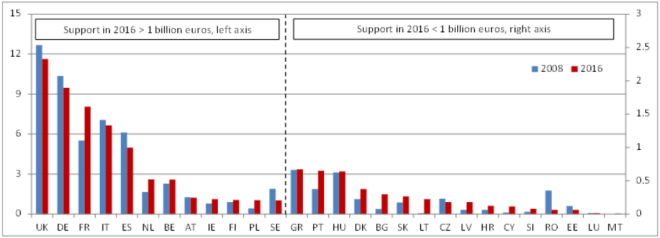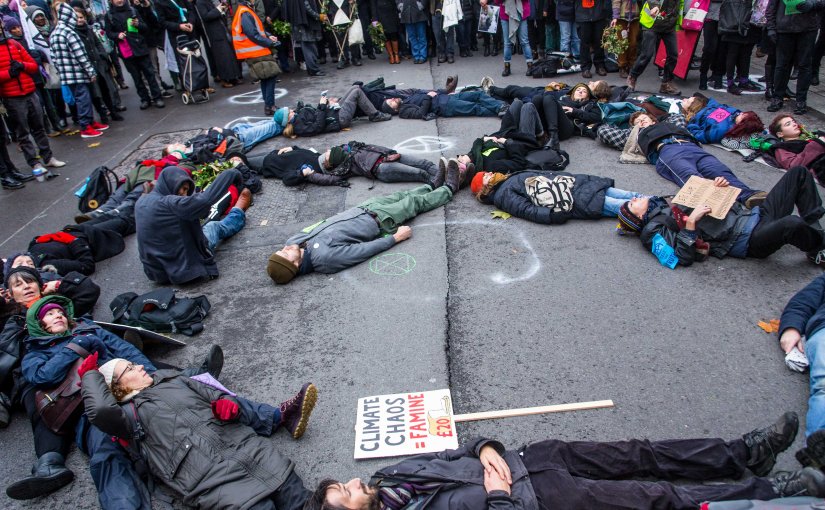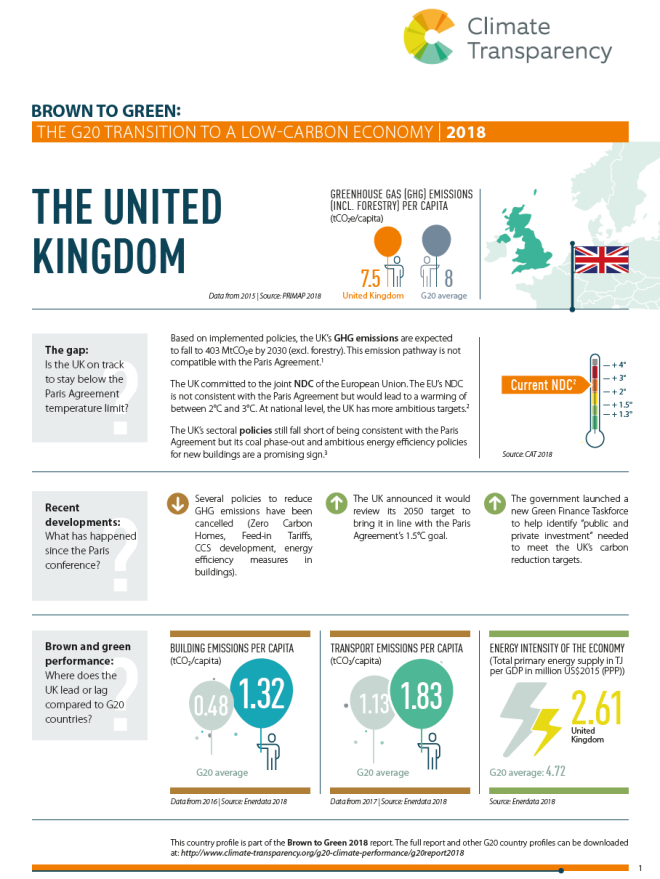A new report published by the European Commission, has shown that the UK has the largest amount of fossil fuel subsides in the EU, finding that £10.5 billion a year supports fossil fuels in the UK. This is in contrast to the £7.2 billion given to renewable energy. These remain at the same level as 2008.
What these subsidies do is act as an hindrance to what both the EU and the G20 pledged in 2009 to do; phase out subsidies for fossil fuels in efforts to transition to renewable green energy.
While such policies are being pursued with intent to cut carbon emissions in an effort to meet the 2C warming limit set by the Paris Climate Agreement, fossil fuel subsidies within the EU have not decreased. The report stated that “EU and national policies might need to be reinforced to phase out such subsidies.”
“Spiralling climate change is going to cost people and our economy huge sums of money, through the damage, disruption and instability it causes.” said Friends of the Earth CEO Craig Bennett. “It’s astonishing that the UK government is still throwing taxpayers’ money at some of the world’s largest oil and gas companies. Ministers must switch funding to rapidly boost energy efficiency and renewables.”
The report stated that €55bn was given as fossil fuel subsidies in 2016, and that “Overall European energy subsidies have increased in recent years, from EUR 148 bn in 2008 to EUR 169 bn in 2016”. The UK, France, The Netherlands, Sweden, and Ireland gave the most in subsidies to fossil fuels, while Germany provided the highest amount for renewables, at €27bn.

While the news of the UK’s fossil fuel obsession is bleak, the renewable sector is looking promising. “The increase was driven by the growth in renewable energy subsidies which reached EUR 76 bn in 2016.” stated the report. 45% of the subsidies over the EU went to renewable energy, compared to 33% for fossil fuels.
“Renewable energy growth also plays a direct role in mitigating and diminishing the negative impact of uncertain global fossil fuel prices and exchange rate risks. Thus, the ambitious 2030 renewable energy and energy efficiency targets recently agreed will help reduce the EU’s dependence on fossil fuel imports and vulnerability to global fossil fuel price shocks and uncertainty.”
“At the same time, energy efficiency and renewable energy investments set the EU on the path to compliance with the Paris Agreement and will stimulate the innovation needed to achieve the energy transformation.”
“We do not subsidise fossil fuels,” a government spokeswoman said. “We’re firmly committed to tackling climate change by using renewables, storage, interconnectors, new nuclear and more to deliver a secure and dynamic energy market at the least possible cost for consumers.” This claim is based on how the UK government defines ‘subsidy’. It is however, false. The WTO definition of ‘subsidy’ includes the definition “government revenue that is otherwise due, foregone or not collected”.
The Chancellor of the Exchequer, Phillip Hammond, said in September that the UK government had ‘forgone’ around £46 billion after it chose not to implement a scheduled rise in fuel duty, in apparent efforts to keep bills down. Germany and Italy call tax breaks, such as this decision to not raise fuel duties, ‘subsidies’. Providing a semantic smokescreen for fossil fuel subsidies is nothing more than “playing games”, as put by Shelagh Whitley of the Overseas Development Institute, who went on to say that the government’s claim of providing no fossil fuel subsidies was simply “continuing to prop up a centuries old energy system.”








